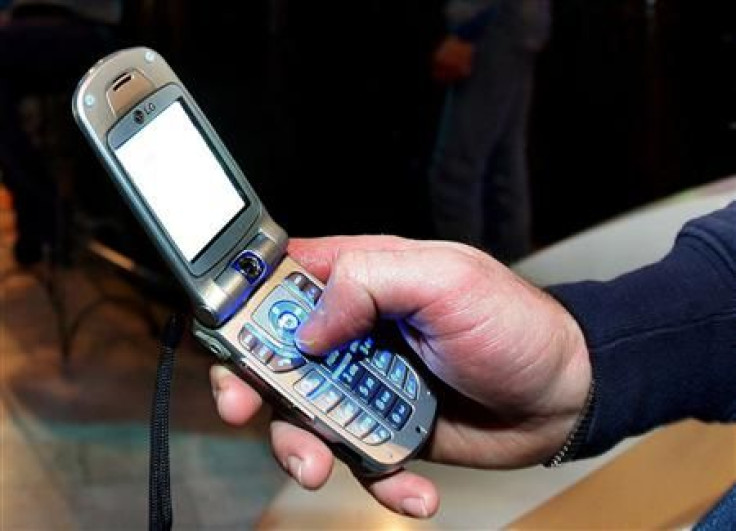Texas Senator Files Bill To Make 'Sexting' Illegal

Texas Senator Kirk Watson filed a bill last week that would make sexting - sending or receiving pornographic images via cell phones - illegal.
If enacted, Senate Bill 407 would classify a sexting offense as a Class C misdemeanor for first-time violators less than 18 years old. The bill's legal provisions ensure that minors are punished for their improper behavior, but do not face life-altering criminal charges.
Under the proposed legislation, teens caught sexting could face up to a Class A Misdemeanor and parents could also face penalties. Teens convicted of sexting – and one of the minor’s parents would have to participate in an education program about sexting’s long-term harmful consequences.
“Prior to this proposed bill prosecutors really only had two options for dealing with young people, teens who engaged in sexting,” Watson said. “They could either prosecute them under our very strict adult pornography laws or do nothing.”
Sexting typically occurs when teenage students use cell phones to send each other sexually explicit messages or images electronically, primarily between cell phones. The National Campaign to Prevent Teen and Unplanned Pregnancy report in 2008 estimated that 22 percent of teen girls have either sent or posted nude pictures of themselves.
Texas Attorney General Greg Abbott says there haven’t been any prosecutions in Texas for sexting - but 20 percent of girls say they’ve sent sexually explicit pictures of themselves to others on their cell phones.
The new law would also allow teens to apply to the court to have the sexting offense expunged from their records so they can apply to college without the stigma of a criminal felony, Abbott said.
The law also provides an out for the innocent recipients of these sexual images, Abbott said. If a teenager turns images over to authorities within 48 hours of receiving them, he or she will have an affirmative defense against prosecution. Abbott says this provision protects teenagers, because it is currently a felony to possess such images.
This is done by people at such a young age [that] they really don’t understand the consequences of what they’re doing, Abbott said. He said it's important that a young person who makes a stupid mistake isn't stuck with a criminal conviction that could put them behind bars.
© Copyright IBTimes 2024. All rights reserved.











